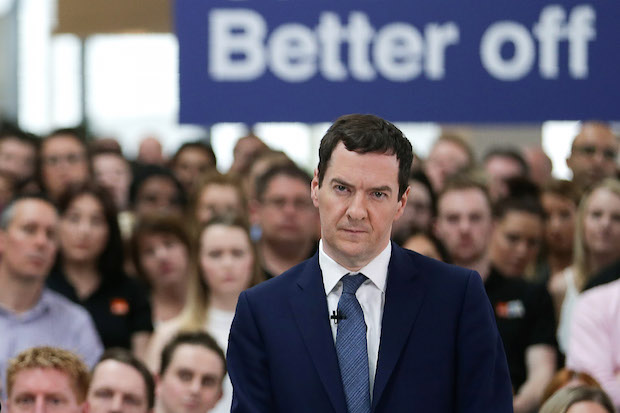The Treasury’s analysis of the short-term impact of Brexit offers us two scenarios for the two years following the referendum: a base ‘shock’ and a ‘severe shock’ scenario. The base case means 3.6pc less economic growth in the two years following Brexit, with inflation up 2.3 percentage points and house prices down 10pc.
A first thing to grasp is the connection between the scenarios in this report and those in the previous Treasury report on the longer-term impact of Brexit. In its long-term impacts, the Treasury had three scenarios, for each of three options it claimed the UK had for its trade arrangements post-Brexit (all of which were very unlikely): an ‘EEA’ option; a ‘Canada’ option (the base case); and a ‘WTO’ option. The short-term impacts ‘shock’ scenario is the one in which the economy is in transition to the Canada option over the longer-term. The ‘severe shock’ scenario goes with the WTO option.
‘But what happened to the EEA option?’ I hear you ask.

Get Britain's best politics newsletters
Register to get The Spectator's insight and opinion straight to your inbox. You can then read two free articles each week.
Already a subscriber? Log in






Comments
Join the debate for just £1 a month
Be part of the conversation with other Spectator readers by getting your first three months for £3.
UNLOCK ACCESS Just £1 a monthAlready a subscriber? Log in